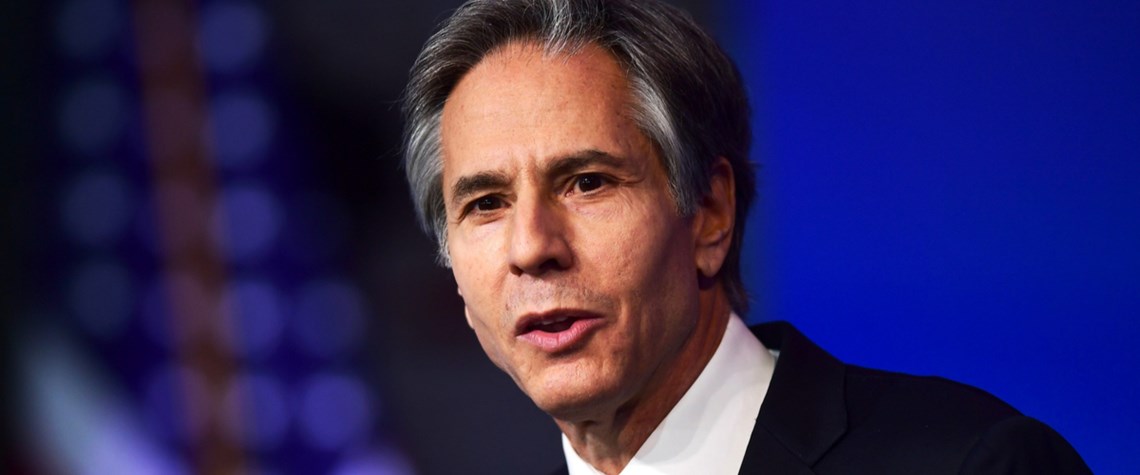Biden plans Mid-East Gulf shake-up
US diplomatic goals, if achieved, will impact the Iranian, Saudi and Yemeni energy sectors
President Joe Biden’s foreign policy speech at the State Department in early February gave subtle, but unequivocal, indications of how the new US administration’s views of the Middle East are radically different from those of the previous team. In listing America’s closest friends—ones he had contacted since taking office—he omitted Israel and all Arab states. The region’s autocrats know that relations with Washington are about to change: the president spoke of “rebuilding the muscle of democratic alliances”. Biden also dropped his predecessor’s habit of using foreign policy speeches to castigate Iran. He clearly wants to be careful not to complicate the role of his diplomatic corps, which h

Also in this section
26 April 2024
While the US has been breaking records for its premium grade crude, there are doubts over whether you can have too much of a good thing
26 April 2024
Slowing demand growth and capacity expansions will squeeze refiners in coming years
25 April 2024
Some companies with assets in Israel have turned towards Egypt as tensions escalate, but others are holding firm despite rising tensions
24 April 2024
But even planned exploration activity is unlikely to reverse declining output from mature fields







